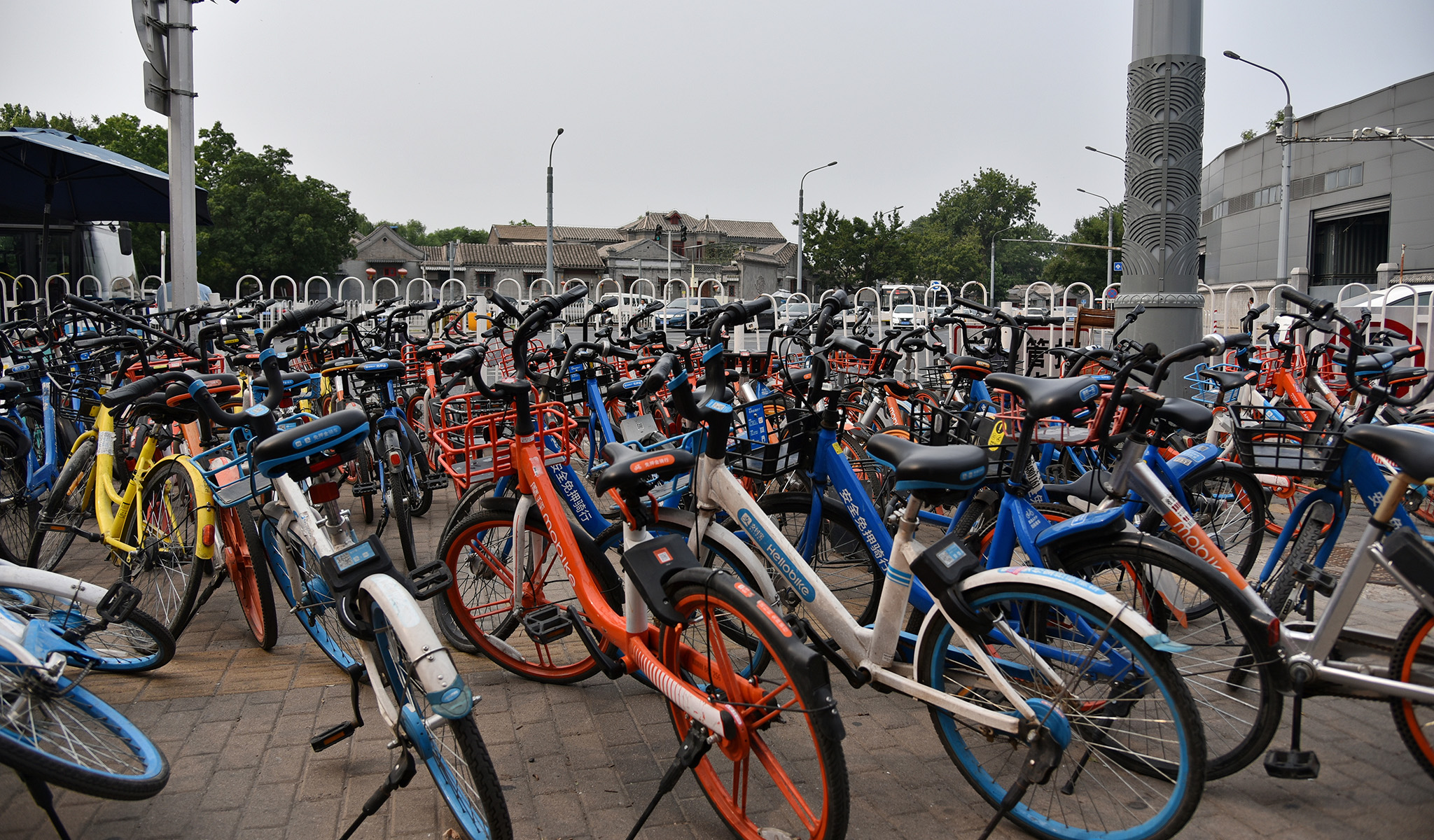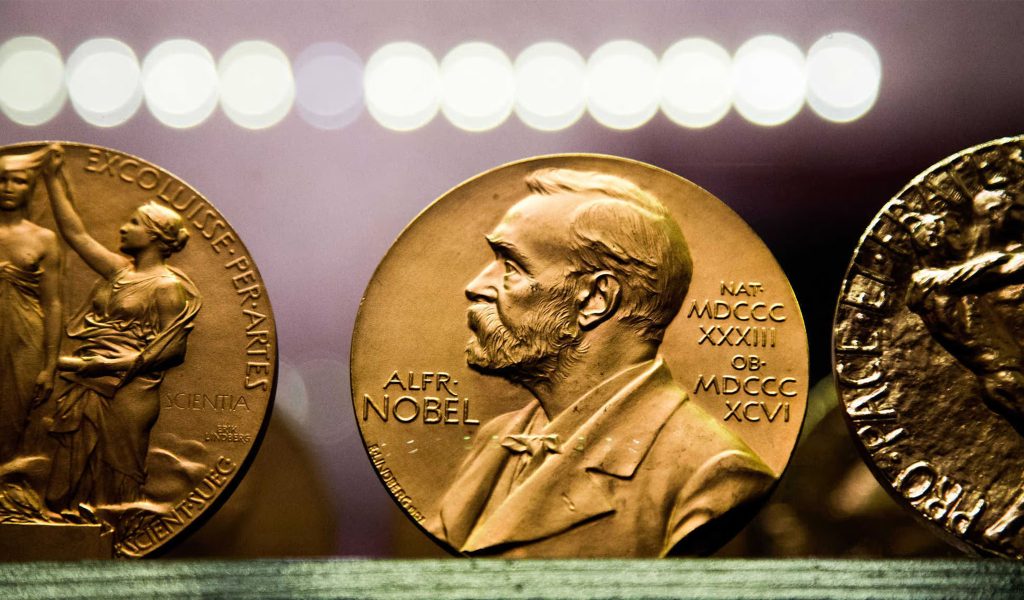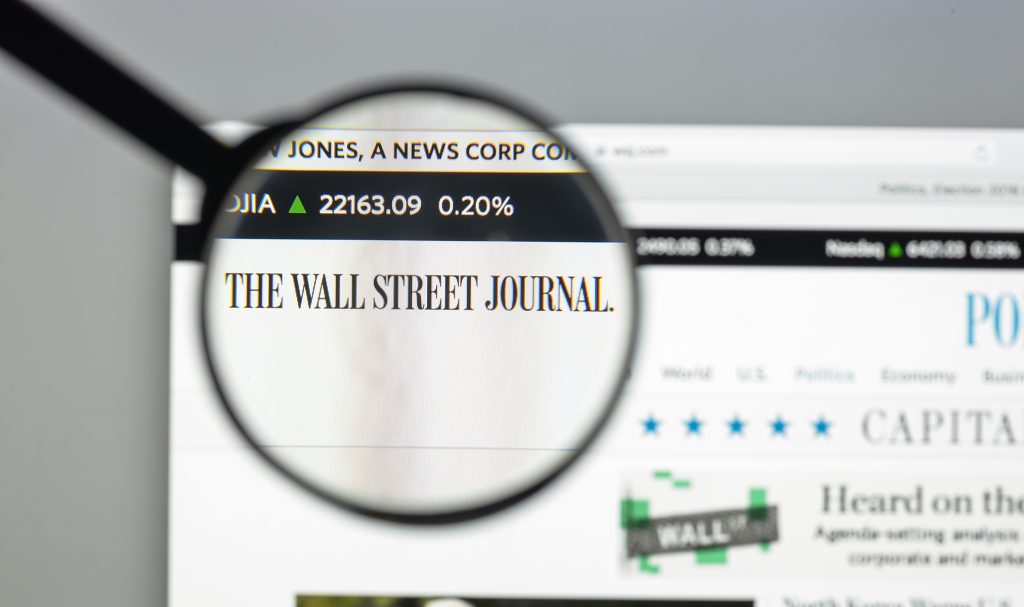It was in 2009 that Uber began serving customers in San Francisco. To show what low odds Uber and its early investors placed on its survival, in 2011 the then-nascent ride-hailing service sold 20 percent of itself to Benchmark Capital for $12 million. Roughly thirteen years later Uber can claim a market cap of $132 billion. Stop and think about that.
Benchmark paid $12 million for shares that, if it held on to all of them, would be worth around $26 billion today. Which is quite a return.
Benchmark’s return on its Uber investment comes to mind as New York Times columnist David Wallace-Wells pens a column about how “America Is Losing the Green Tech Race to China.” That’s quite the conceit from Wallace-Wells, no?
To see why consider Uber yet again. Benchmark secured a very large piece of Uber for next to nothing relative to its eventual worth. How did it do that? The answer is simple: Benchmark purchased twenty percent of Uber on the highly likely assumption that its $12 million would soon enough be worth zero.
Think about this once again with Wallace-Wells’s assertion that “America Is Losing the Green Tech Race to China.” About what will be written here, hopefully it’s not seen as political. Instead, hopefully it will be seen as a comment on a commercial future that is always and everywhere opaque.
Seriously, how could Wallace-Wells know that “America” is losing the green tech race? Implicit in such a viewpoint is that he not only knows more than the Americans supposedly being left behind, but that he sees things even the industrial policy planners in China don’t see. They surely don’t know what will win, and evidence supporting this claim can be found in Wallace-Wells’s own reporting that China “produces 89 percent of the world’s solar cells and 97 percent of its solar wafers and ingots, 86 percent each of its polysilicon and battery cells, 87 percent of its battery cathodes, 96 percent of its battery anodes, 91 percent of its battery electrodes and 85 percent of its battery separators. The list goes on.”
If China’s planners were more confident about what’s ahead, it’s likely the country wouldn’t be such a player in so many areas. To see why, consider the present financial situation of the biggest buyers of taxi medallions that were formerly such a necessity when it came to being a player in the transportation space. No longer. What makes you a winner in a dynamic economy can in rapid-fire fashion make you a loser.
Applied to green tech, Wallace-Wells’s lament that the U.S. is well behind China is a feature, not a bug. Since we really don’t know, why not let China find out for us?
About this, it’s important to note that Wallace-Wells is right that the Biden administration is wrong in imposing all manner of tariffs on green goods made in China, including its cars. But as he also notes, China-manufactured EVs aren’t a factor here as is. And perhaps won’t be in light of how limited American interest in EVs is in the first place.
Wallace-Wells cites a report from the Biden administration that EVs are supposed to comprise half of new car sales by 2030, but consider the source. And that’s not a partisan allusion. The same would be said if the Trump administration predicted something so beyond its ability to predict. So while it’s becoming ever more apparent that Americans aren’t too hot on EVs, who knows?
Which is the point. Wallace-Wells posits that we’re losing at something that, if he knew the eventual winner, would reveal him as knowing something few – including Elon Musk – know. In which case, better it is for “America” to lose the green tech race so that others can do the work for us. Assuming China actually happens on something we value, we will then have yet another reason to bring down mindless tariffs so that we can import what others labored to make for us at great risk of being stupendously wrong. See Uber if you’re confused.
Republished from RealClear Markets





